A seemingly relentless rise in the cost of living has many Nigerians worried, as a key measure touched levels not seen in recent years.
Consumer prices in March 2021 rose 18.17% from a year earlier, the highest inflation level since January 2017 when the economy was in recession.
Much of this increase, which has been described as “dramatic”, has come in the last year. Since May 2020 inflation has risen by more than five percentage points, building on a steady rise since August 2019.
Inflation receded slightly to 18.12% in April, 17.93% in May and 17.75% in June 2021, but it is scant comfort for many Nigerians battling the high prices of basic goods and services.
The World Bank forecasts that by the end of the year Nigeria’s inflation will be the fifth-highest in sub-Saharan Africa, behind only Zimbabwe, Zambia, South Sudan and Angola.
This factsheet looks at inflation, how Nigeria measures it, its real impact on citizens, and poverty in the country.
What is inflation?
Inflation is a measure of how the prices of a basket of commonly used goods and services have increased over time, usually one year. It is a rise in the general price level of an economy.
An increase in prices affects the cost of living as people have to pay more for those goods and services, even though no extra items have been added to the basket. Essentially, it reduces the value of your money or your purchasing power.
What causes inflation?
There are a number of reasons why inflation happens. These include an excess supply of money in an economy, leading to a decrease in the value of its currency and its purchasing power, and therefore a rise in prices.
Another cause is a drop in supply of goods and services, for example due to disruptions such as natural disasters or an increase in demand.
The anticipation of higher prices is also known to cause inflation.
How is inflation measured?
According to the International Monetary Fund, countries measure consumers’ cost of living by conducting household surveys to identify a basket of commonly purchased items. The cost of buying this basket is tracked over time.
This cost is then expressed relative to a base year to get what is known as the consumer price index, or CPI. The change in the CPI over a certain period is known as consumer price inflation, the most widely used measure of inflation.
The National Bureau of Statistics (NBS), Nigeria’s official data agency, says that the CPI measures the average change over time in the prices of goods and services typically consumed by people for day-to-day living.
Deflation, which is relatively rare, means people will pay less for the basket.
Another measure, core inflation, excludes products whose prices are more volatile or seasonal, such as food and energy, or which are fixed by a government.
Core inflation in Nigeria was 12.74% in April, 13.15% in May and 13.09% in June 2021.
Inflation harms small business, savings
A high inflation rate has negative effects on the economy and drags many into poverty, Temidayo Akinbobola, professor of economics at the Obafemi Awolowo University in Ile-Ife, southwestern Nigeria, told Africa Check.
Worker salaries are stretched, and people are unable to save and invest.
“For some, inflation drives them into poverty because basic goods and services become unaffordable. The high cost of production caused by inflation also has a negative impact on small businesses,” Akinbobola said.
What goods and services are tracked in Nigeria?
To track inflation, the NBS collects the price data of 740 goods and services nationally every month. In comparison, South Africa’s statistics body tracks 412 products.
Using this data, the NBS then works out the average price of each item across states, among other indicators. This current price is then compared to a base year to obtain a relative price. The agency uses 2009 for its base year. You can read more detail about its method here.
Several categories are covered in the basket. These include:
-
Food and non-alcoholic beverages
-
Alcoholic beverages and tobacco
-
Clothing
-
Housing, water, electricity and gas
-
Health
-
Transport
-
Communication
-
Education
Inflation trends over time in Nigeria
In the five years to June 2021, the headline consumer inflation rate was in the double digits. But from the five-year high of 18.72% in January 2017, the rate was falling until August 2019, when it again started to climb to its most recent level.
Experts and development institutions say various factors have played a role in the steep rise. These range from an economic recession, exchange-rate volatility and border closures to insecurity and Covid-19.
Regional differences
The inflation rate is also not uniform across the country, being higher in urban than rural areas. In June 2021 urban inflation was 18.35% year on year (or compared to the same month of the previous year), compared to 17.16% in rural areas.
At a state level, Kogi state in the north-central geopolitical zone had the highest inflation rate, at 23.78% that month. In May 2021 the state was at 25.13%, again the highest. Bauchi in the north-east zone had the next highest inflation rate.
Abuja had the lowest inflation in June, at 15.15%, followed by Delta and Cross River states.
Rise in food prices
It is the volatility and rise in the prices of food that have been a particular concern for Nigerians. The food index, which accounts for more than half the inflation basket, reflects this, on its own being higher than overall inflation.
In 2020 food prices in Nigeria accounted for 63% of the total increase in inflation, according to the World Bank.
In June 2021 food inflation was 21.83%, only slightly improved from 22.28%in May. The high food prices were attributed to increases in the cost of bread, cereals, meat, vegetables and oils, among others.
Kogi state again had the highest food prices, at an inflation rate of 30.34%, while the federal capital territory, Abuja, had the lowest, at 17.09%.
Our tracking of the national average prices of 10 of the most commonly consumed foods in Nigeria between May 2017 and May 2021 showed inflation as high as 43.4% for yellow garri, or cassava flakes.
In that period, the national average price of a kilogram of yellow garri rose from N222.25 to N318.70. The price was as high as N507.63 (US$1.20) in Anambra state in the south east, and as low as N195.86 in Kwara in the north-central zone.
The national average price of one kilogram of brown beans went up by N161.73, a 58.28% rise, while that of imported rice increased by N80.88.
The average price of one kilogram of boneless beef increased from N1,306.50 ($3.20) to N1,513.43 ($3.70). It was as high as N2,106.52 in Abia state in the south east and as low as N1,231.43 in Gombe to the north east.
‘Insecurity across Nigeria pushing up food prices’
We asked experts about the volatility of food prices. There is little respite on the horizon for Nigerians.
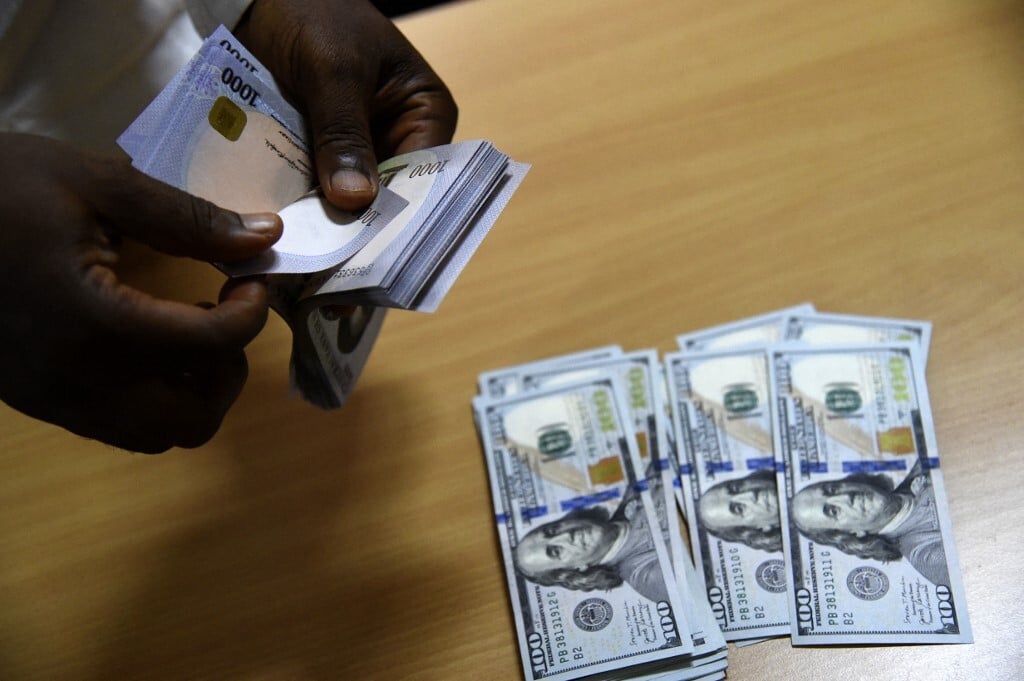
Carolyn Afolami is professor of agricultural economics at the Federal University of Agriculture in Abeokuta, southwestern Nigeria.
The rise in food inflation was “just the tip of the iceberg” and prices would still increase, Afolami told Africa Check. She attributed much of the increase to insecurity.
“In many parts of Nigeria, farmers can no longer go to their farms for fear of getting killed. Farmers are not planting. So what shall we eat next year?”
Afolami also highlighted the devaluation of the naira, as many Nigerians still had low and largely fixed incomes. This further made the cost of food and basic necessities a struggle for many.
She noted that minimum monthly wage was still about N18,000 ($44) for workers in most states, with state governments opposing the new minimum wage of N30,000 ($73) established by the federal government in 2019.
Increasing inflation pushing more Nigerians into poverty
Nigeria measures poverty by considering consumption expenditures and not income. This, the NBS says, is because consumption expenditure “better reflects the achievement of a particular level of welfare” while “income represents the opportunity of reaching a certain level of well-being”.
The data agency defines the official poverty line as the monetary value of the food and non-food expenditures needed for an individual to achieve a basic level of welfare.
The bureau’s most recent estimate of this line is N137,430 ($335) per person per annum. This means that individuals living in households whose annual consumption expenditures fall below this figure are considered poor by national standards.
In its most recent development update on Nigeria in June 2021, the World Bank said that even without the direct impact of Covid-19 on welfare, rising prices might have pushed an estimated 7 million people into poverty.
No easy way out of high prices
Zakari Abdulsalam is a professor of agricultural economics at the Ahmadu Bello University in Zaria, northwestern Nigeria.
He told Africa Check that there is a positive correlation between the rate of food inflation and the poverty rate.
“There is no doubt that the current high inflation rate, especially rising food prices, has pushed many Nigerians across the line into extreme poverty. Many can no longer afford basic necessities.”
In addition to worsening poverty, high inflation has also worsened insecurity in Nigeria, according to the World Bank.
The development lender says tackling poverty due to inflation will “require a mix of monetary, exchange-rate, fiscal, and trade policies, complemented by reforms that support job creation”.


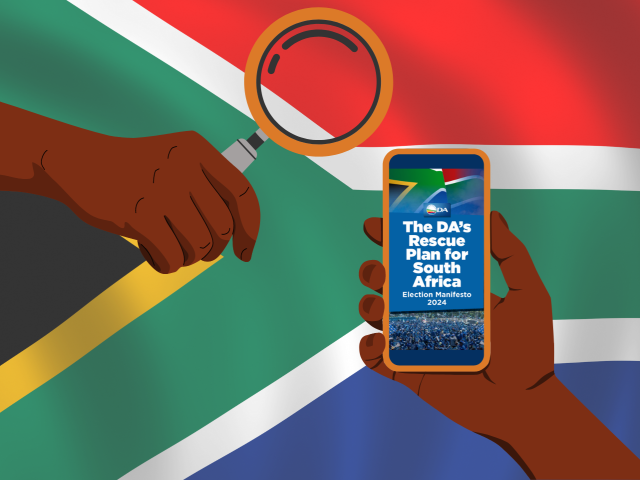
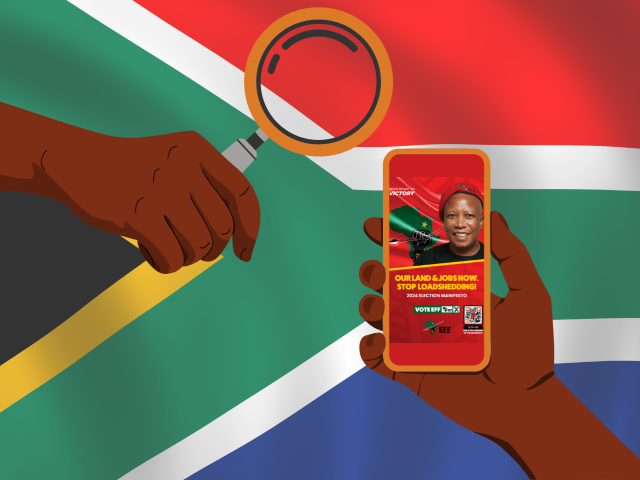
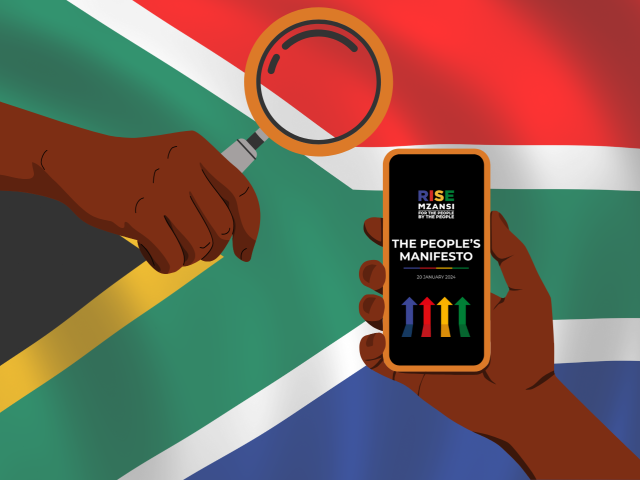
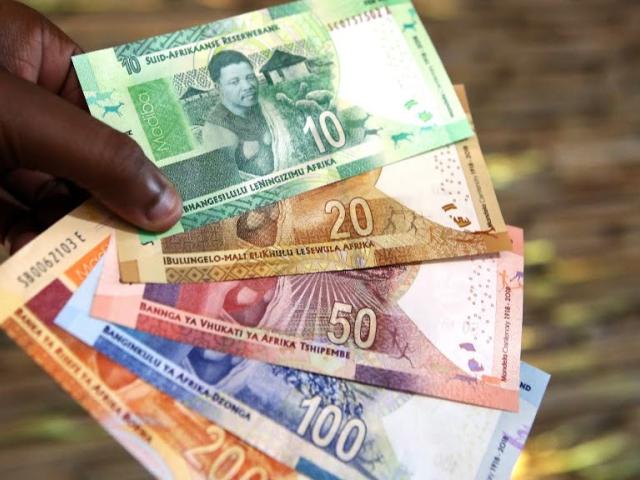
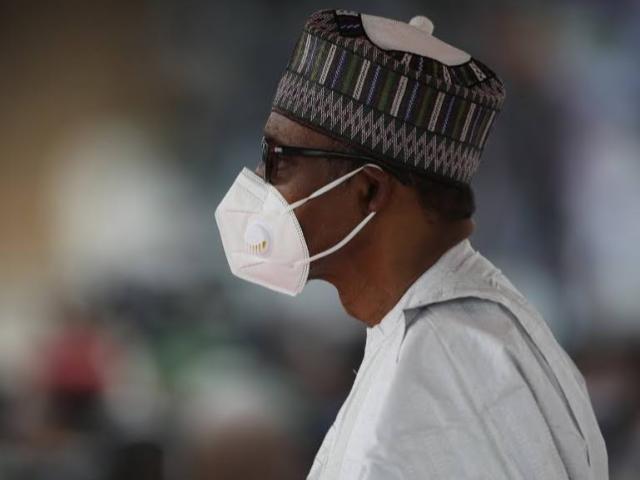
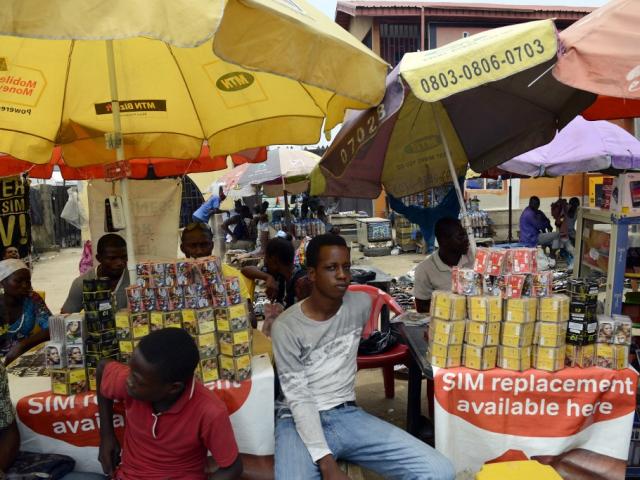
Add new comment